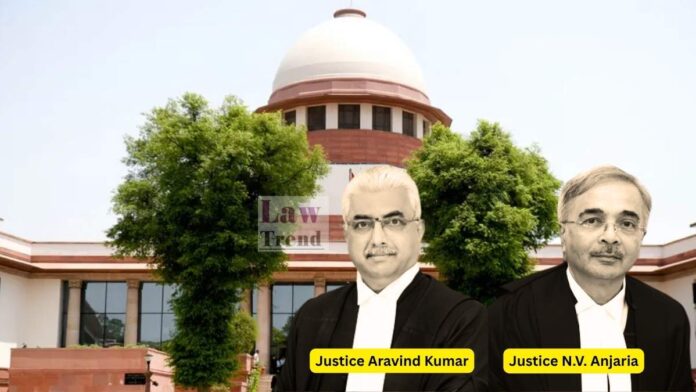The Supreme Court, in a significant ruling on Wednesday, October 8, 2025, held that an official railway inquiry verifying the issuance of a train ticket constitutes prima facie proof that the victim of an “untoward incident” was a bona fide passenger. A bench of Justices Aravind Kumar and N.V. Anjaria declared that procedural lapses, such
To Read More Please Subscribe to VIP Membership for Unlimited Access to All the Articles, Download Available Copies of Judgments/Order, Acess to Central/State Bare Acts, Advertisement Free Content, Access to More than 4000 Legal Drafts( Readymade Editable Formats of Suits, Petitions, Writs, Legal Notices, Divorce Petitions, 138 Notices, Bail Applications etc.) in Hindi and English.




